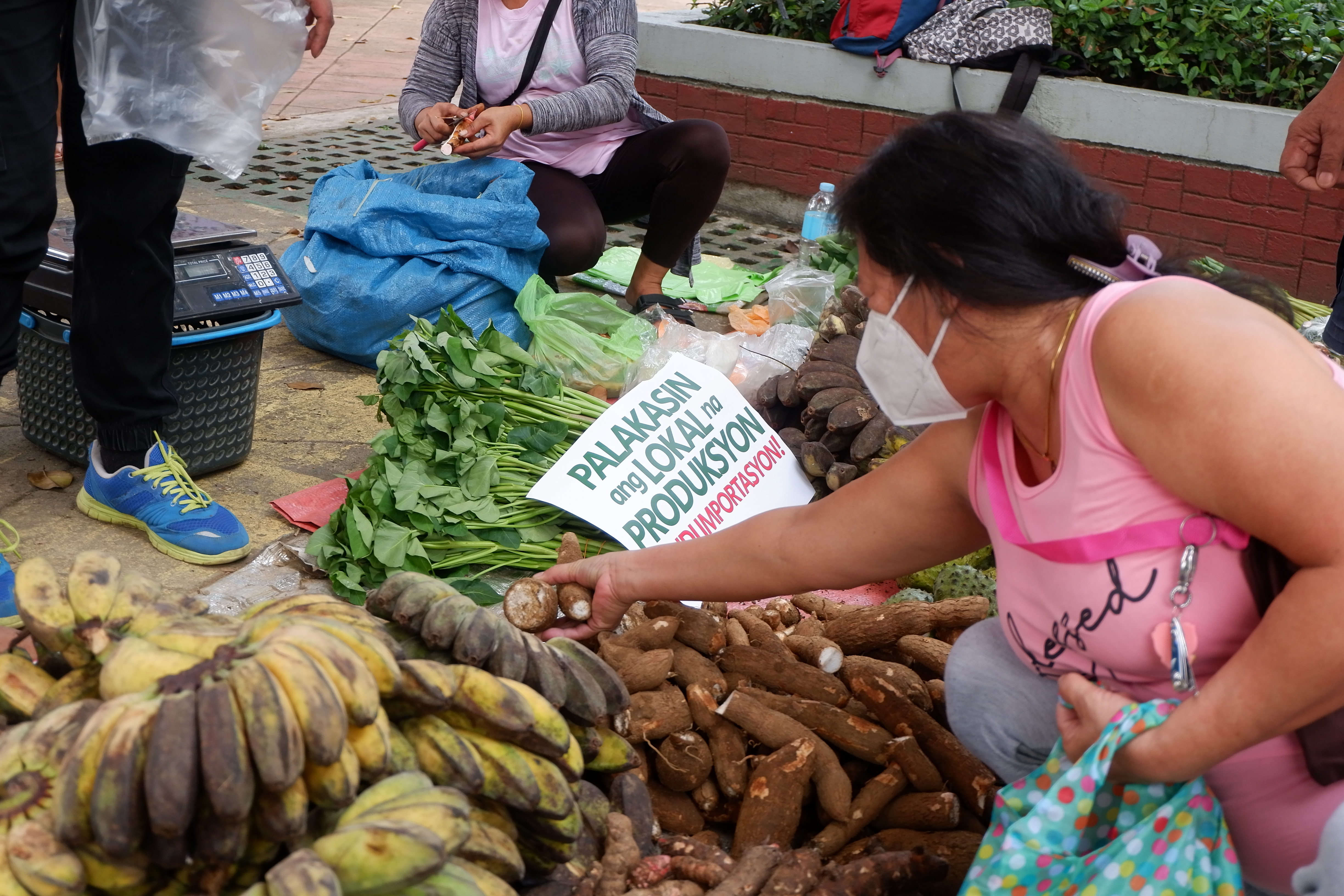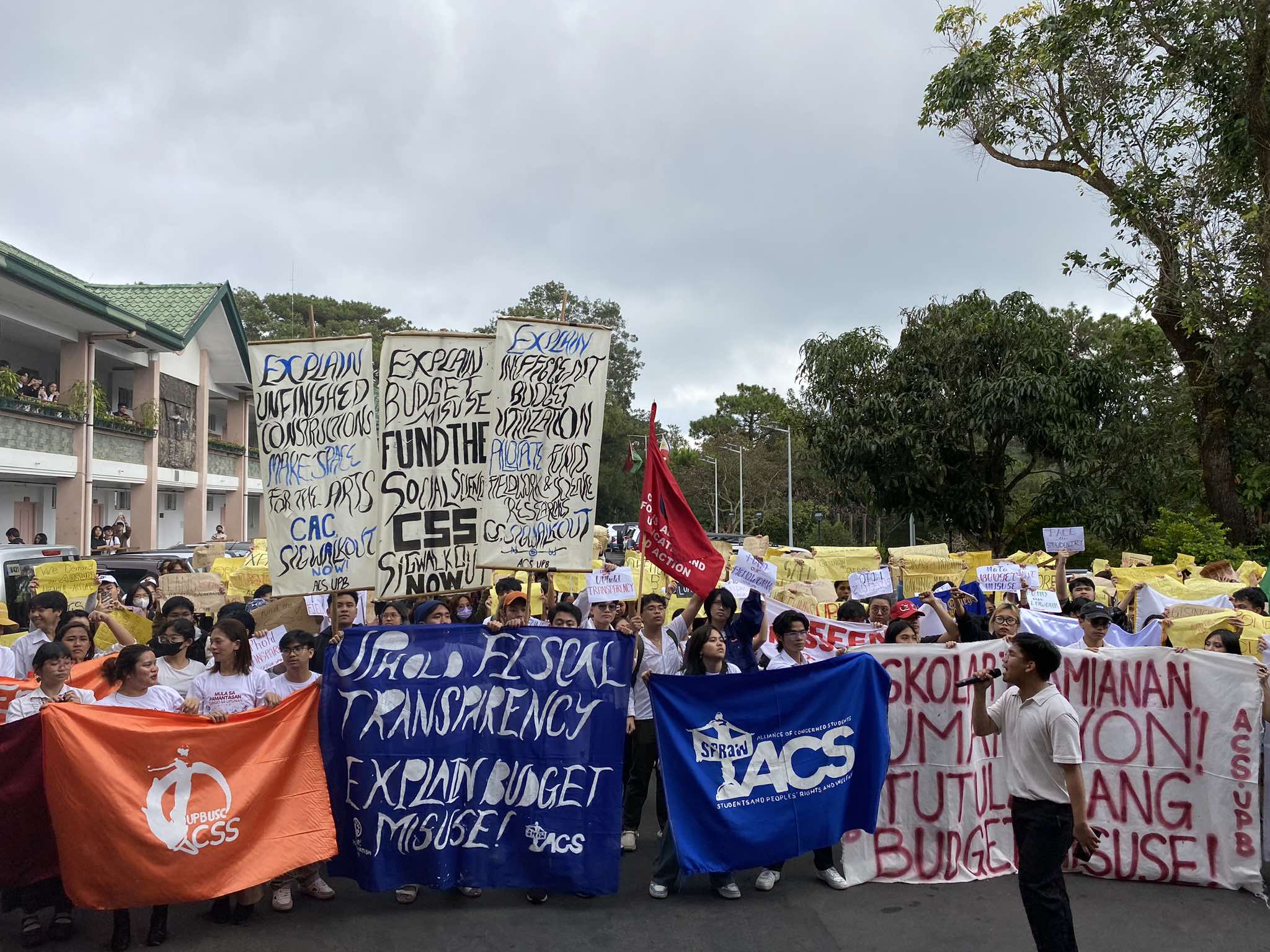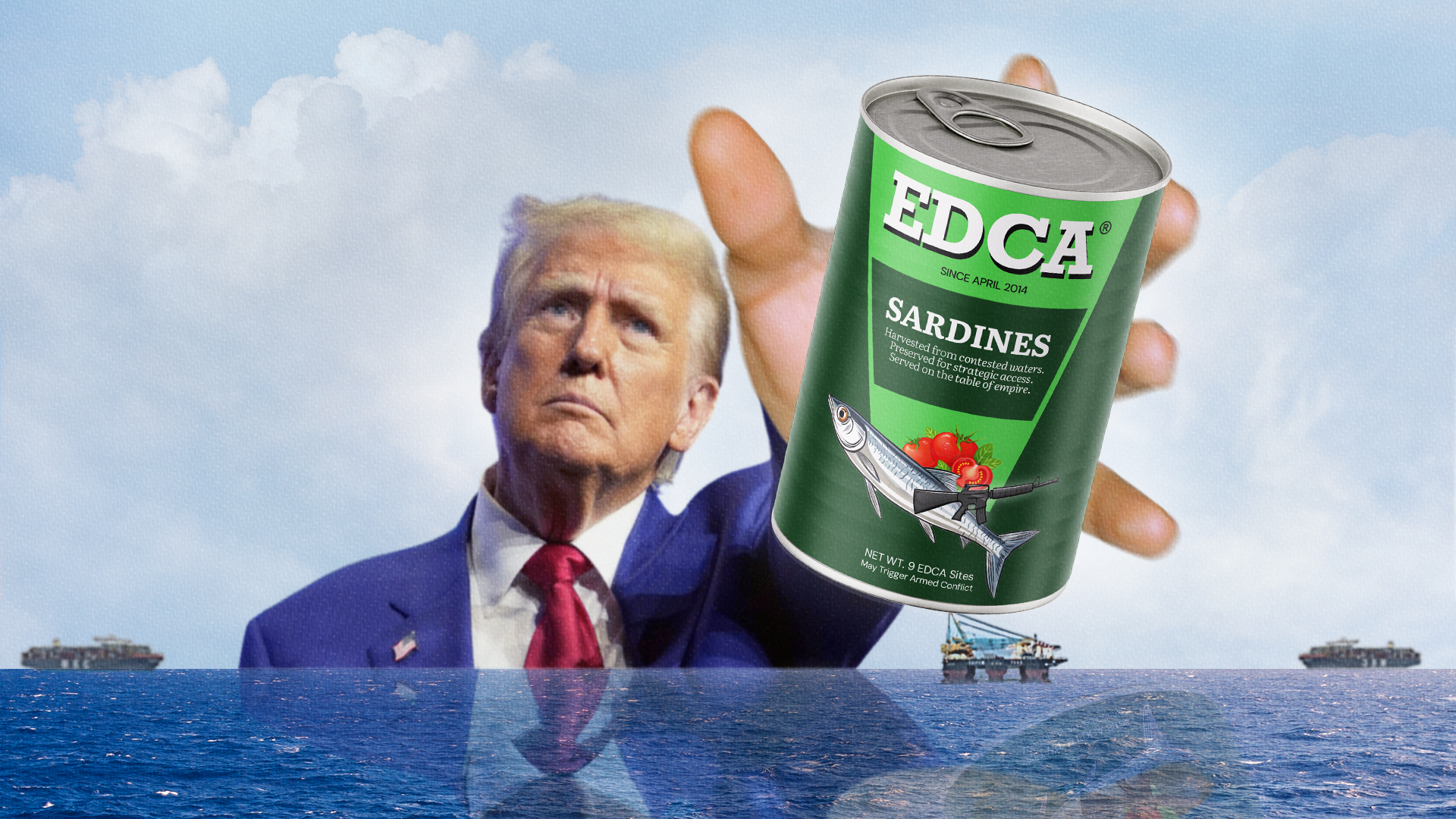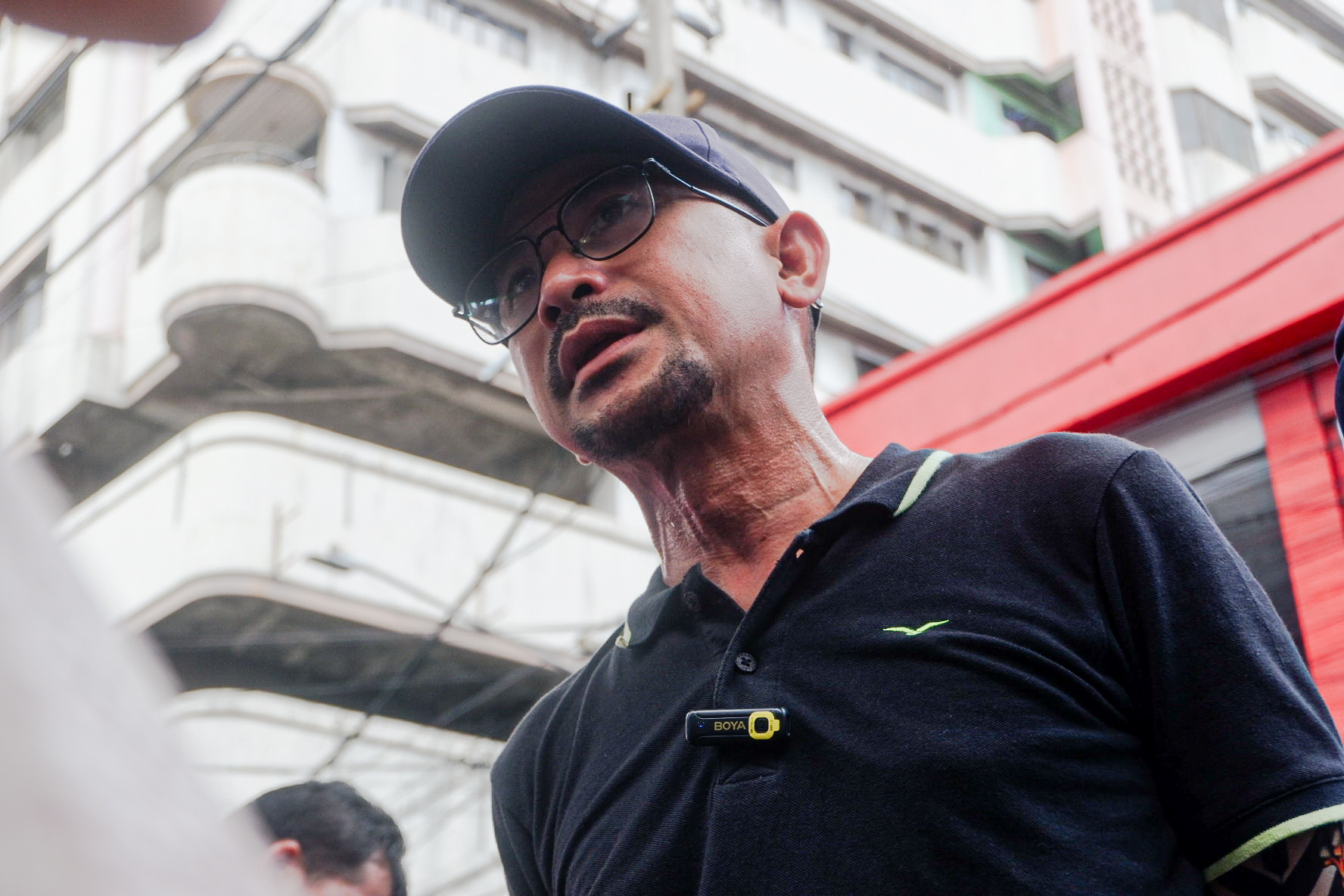It is during the direst national crises that the Filipinos look to their president for assurance but at present, President Ferdinand Marcos Jr.’s plans for addressing the rising prices of goods and falling value of peso are still nowhere to be found.
The Philippine peso reached an all-time low of P59 last October 3, and the inflation rate this September went up to 6.9 percent, the highest since October 2018, according to the Philippine Statistics Authority (PSA). With the dismal state of the economy, Filipinos deem curbing inflation, reducing poverty, and increasing workers’ wages to be the country’s most pressing concerns, according to a Pulse Asia survey.
The falling value of the Philippine peso and the increase in commodity prices are a result of the movement of the economies of other countries, especially the US, according to economists. To combat high inflation caused by rebounding businesses and high energy and food costs, the US moved to tighten its monetary policy, increasing interest rates to discourage borrowing and spending. Doing this effectively lessens the supply of dollars in the economy. For us, a lesser supply of dollars means more pesos would be needed to buy a dollar—more pesos would be needed to buy imported goods.
In a country so heavily reliant on imported goods for necessities, a weakening peso means higher prices for commodities, including gasoline and agricultural products such as rice, fruits, and vegetables. Just June of this year, the total imported goods increased at an annual rate of 26 percent, according to PSA. The rapid increase in prices hit the ordinary Filipinos the most, who earn so little already and yet have to pay even more to survive.
But rather than providing the Filipinos with a detailed plan for addressing the inflation and weakening peso, Marcos has made more news attending parties and events during the past months. His nonresponse to the economic crisis earned him the disapproval of 42 percent of Filipinos, according to the findings of Pulse Asia’s survey. The Marcos administration’s only action so far, instead of helping the people overcome this crisis, is to downplay the depreciating peso’s effects to the public.
Last July, when the peso reached P55.06 to a dollar, finance secretary Benjamin Diokno said that exporters and Overseas Filipino Workers (OFW) would benefit when the Philippine currency weakens, since this would mean they get to earn more.
But the country’s exports have been steadily declining since April of this year, according to the World Bank’s report, and only three out of 10 Filipino families on average receive remittances from abroad, making them only a relative minority that benefits from a depreciated peso. And even if their families receive more, this is offset by the rising prices of necessities here.
“Bagaman mataas na yung remittances na natatanggap ng pamilya nila, mahal naman yung presyo ng mga bilihin,” said UP Economics assistant professor Jan Carlo Punongbayan.
It might be unfair to blame everything on the current administration, according to Punongbayan, since currency devaluation is a global phenomenon. Many countries, like the Philippines’ Southeast Asian neighbors, are also experiencing currency depreciation and inflation. This, however, should not be a scapegoat for the Marcos administration to sit back and twiddle their thumbs.
“Hindi naman powerless yung current administration to actually address yung current spell of high inflation and the weakening peso,” said Punongbayan.
The government can take steps to minimize the effects of inflation and devaluation of peso. It can move to strengthen the Philippines’ local and export industries to minimize import dependence and relieve the pressure on the Philippine peso.
For one, the government could fortify the agricultural sector to increase production and adequately meet local demand. According to IBON Foundation Executive Director Sonny Africa, on average, 10-20 percent of the country’s rice is imported. “In-open up yung rice industry natin to imports sa halip na palakasin ang domestic rice industry,” stated Africa.
A hundred days have passed already since Marcos assumed office, but many are still waiting to see concrete plans and actions. The lack of proper response to the economic setback defines him as a leader, and if no action will be seen from him and his administration, it seems like the Filipino people are set to endure a lot more in the next six years. ●







